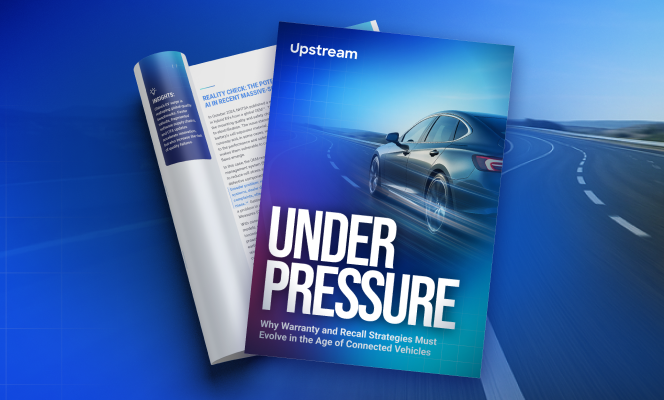

IoT devices have become deeply embedded in the automotive and smart mobility ecosystem, dramatically transforming industries with increased efficiencies and innovation. However, this rapid technological evolution presents unique challenges, particularly in ensuring the cybersecurity and data integrity of IoT devices. The EU has been a leader in IoT compliance, enacting comprehensive legislation such as the Cybersecurity Act and GDPR compliance measures to safeguard its digital ecosystem.
Upcoming regulations, such as the NIS2 Directive and the Cyber Resilience Act, seek to enhance IoT device security standards across the EU. These frameworks can significantly impact operators, distributors, and manufacturers of IoT devices, imposing fines or reporting requirements. Paired with existing regulations, these measures demand that stakeholders ensure full compliance.
The Cybersecurity Act
The EU’s Cybersecurity Act serves as a cornerstone for IoT cybersecurity certification across Europe, establishing a unified standard. Effective since June 2019, this Act introduced a voluntary certification framework that sets a high cybersecurity standard, aiming to harmonize practices across all member states. IoT manufacturers can certify their products once to achieve compliance across the EU, simplifying the regulatory burden while ensuring devices meet stringent security requirements.
The NIS2 Directive
To be enforced from October 2024, the NIS2 Directive extends the scope of the original NIS Directive. It covers more sectors and demands higher security protocols from entities essential for societal and economic stability, including IoT vendors. These entities must now comply with stricter incident reporting and management requirements to prevent and mitigate cybersecurity threats.
The Cyber Resilience Act
The upcoming Cyber Resilience Act EU is expected to further tighten IoT cybersecurity regulations, impacting all EU member states. It will require all IoT device manufacturers, importers, and distributors in the EU to ensure their products are secure by design and throughout their lifecycle, with significant penalties for non-compliance.
General Data Protection Regulation
Effective since May 2018, GDPR underpins the EU’s approach to data privacy. It imposes severe penalties for non-compliance and mandates that IoT operators not only secure consent for data processing but also provide robust mechanisms for data protection and breach notification. Achieving GDPR compliance is crucial for IoT operators to avoid severe financial penalties and protect user data, ensuring continued service and operations.
Understanding the potential impact of each regulation and having a clear view of the scope, limitations, and potential financial implications is crucial. Upstream’s recent report on the IoT regulatory landscape provides valuable insights.
These regulatory frameworks showcase the EU’s ongoing efforts to secure digital environments. However, they also highlight the potential impact on IoT device vendors if they fail to comply or provide secure products to the market. Stakeholders must be aware and familiar with the regulations and the potential implications on non-compliance.


